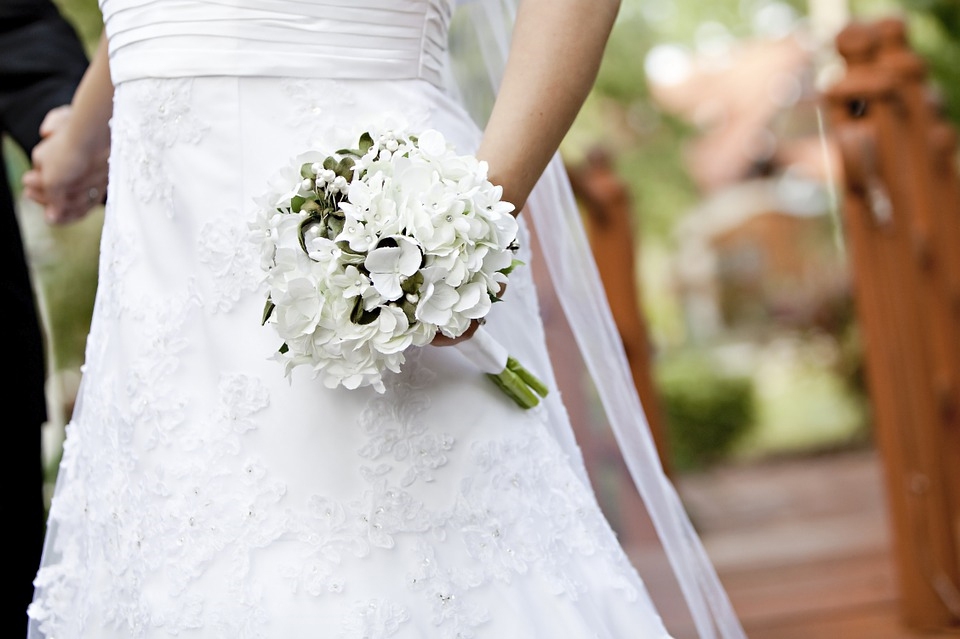Posted on : Nov.11,2018 14:47 KST
Modified on : Nov.12,2018 11:49 KST
In 2018 Korea Statistics survey, increasing number of people willing to invest in environmental improvement
The number of South Koreans expressing the belief that marriage is “necessary” has fallen below half for the first time ever. An increasing number believe their society has become generally safer, while environmental pollution was cited as a major threat to daily safety. The number stating their willingness to shoulder costs for environmental protection has risen to more than half.
These were among the findings announced by Statistics Korea on Nov. 6 from its 2018 societal survey. Held once every two years, Statistics Korea societal surveys focus on the same topics. This year’s survey on the topics of family, education, public health, safety, and the environment was carried out in May, with 39,000 South Koreans aged 13 and over participating as sample household members.
The results showed 48.1% of respondents agreeing that marriage is “necessary.” Down 3.8 percentage points from 51.9% two years ago, the proportion fell below 50% for the first time ever. Among the respondents, 46.6% agreed that it was “okay to marry or not marry,” while 3% agreed that people “should not get married.”
An increasing perception that marriage is not essential for men and women to live together was also in evidence. With 56.4% of respondents agreeing that “men and women can live together without necessarily marrying,” the percentage responding positively to the idea of cohabitation without marriage was over 50% for the first time. Another 30.3% of respondents agreed that it was “okay to have children without marrying,” up substantially from 24.2% two years ago.
Shift in reasons for desiring quality education
While the South Korean passion for higher education was still in evidence, attitudes on the reasons for university study were different from those observed two years earlier. The desire for education at a four-year university or higher was expressed by 82.7% of students and 90.7% of parents – down respectively by 2.2 and 0.2 percentage points from two years earlier. While the majority of parents still want their children to receive university educations or higher, their reasons focused more on “developing capabilities and potential” than on “finding a good job.”
While the survey from two years ago showed 46.7% of parents answering that they had to send their children to college to “help them find a good job,” that percentage was down to 41.9% in this year’s survey. Instead, the most frequently given response – mentioned by 44.6% of parents – was that children should be given a university education to “develop their capabilities and potential.”
Increasing concerns regarding safety threats and environmental pollution
At 20.5%, the percentage of respondents describing South Korea as “generally safe” was up 7.3 percentage points from 13.2% two years earlier. Another 27.7% of respondents said society had become “safer than five years ago,” an increase of 15.7 percentage points from 12.0% two years ago. But differences remained in how female and male respondents perceived “safety,” with 35.4% of females responding that South Korea was “unsafe” compared to just 27.1% of males. The percentage of women agreeing that there were “places I am scared to walk in at night” remained high at 47%.
The main factors cited as threats to societal safety were crime (20.6%), national security (18.6%), and environmental pollution (13.5%). Two years ago, environmental pollution was regarded as a peripheral threat named by just 5.8% respondents; this year’s results showed it increasing by 7.7 percentage points to emerge as a major perceived threat to safety. The most frequently cited environmental issue regarded as a threat to safety was fine particle dust (82.5%), followed by radiation (54.9%) and harmful chemicals (53.5%). Respondents generally saw the state of the environment as worse than five years earlier and predicted it would deteriorate further in the next five years. The rate of responses agreeing that the environment had “deteriorated in the past five years” stood at 36.4%, up from 29.7% two years earlier.
Pessimistic predictions that the environment would “be in worse condition in five years” stood at 36.8%, a 5.3 percentage point rise from two years ago. Amid growing fears surrounding the environment, over half of respondents – 50.1% – said they agreed with “paying taxes or surcharges to protect the environment.” The number was up by 13.9 percentage points from 36.2% in the survey two years ago.
By Bang Jun-ho, staff reporter
Please direct comments or questions to [english@hani.co.kr]










